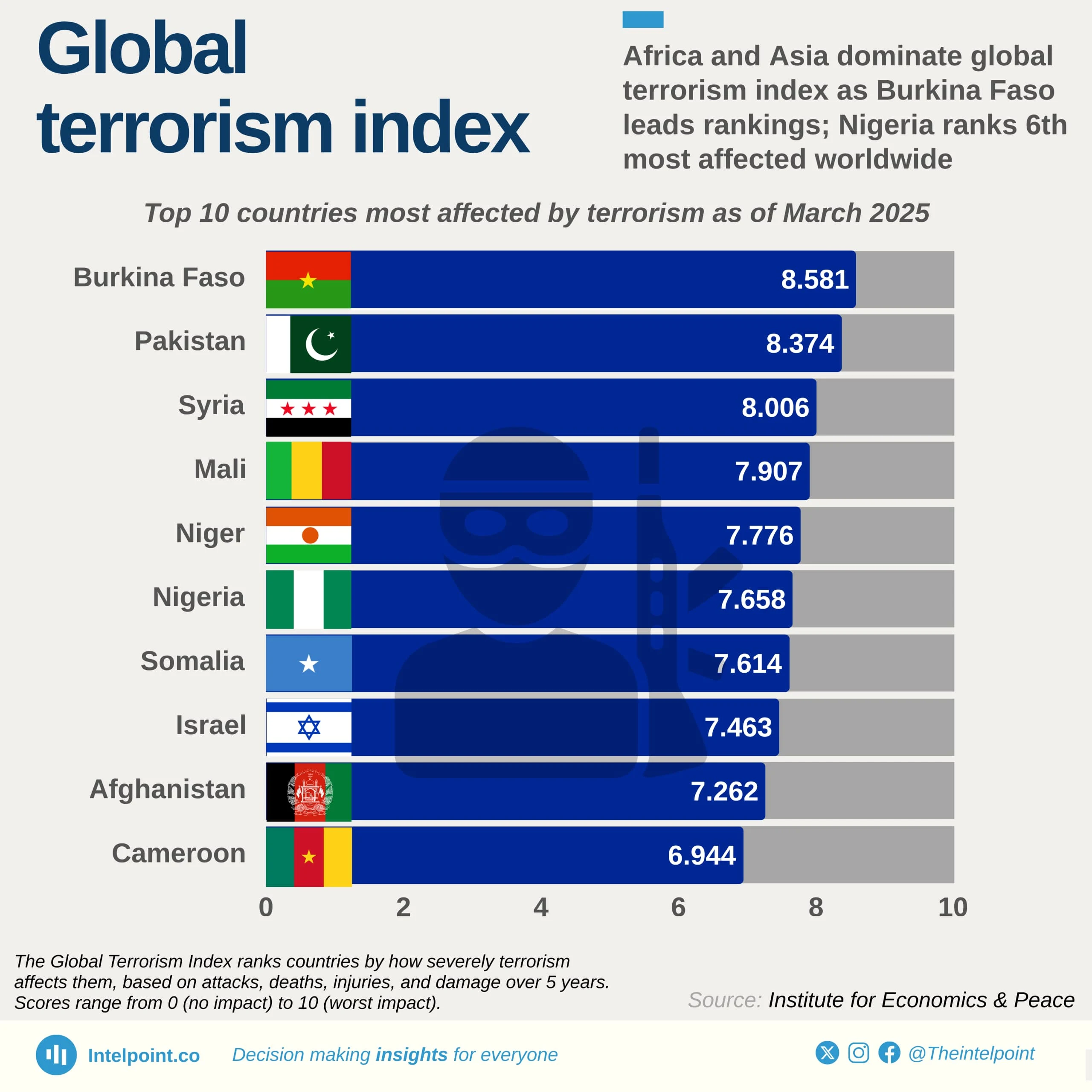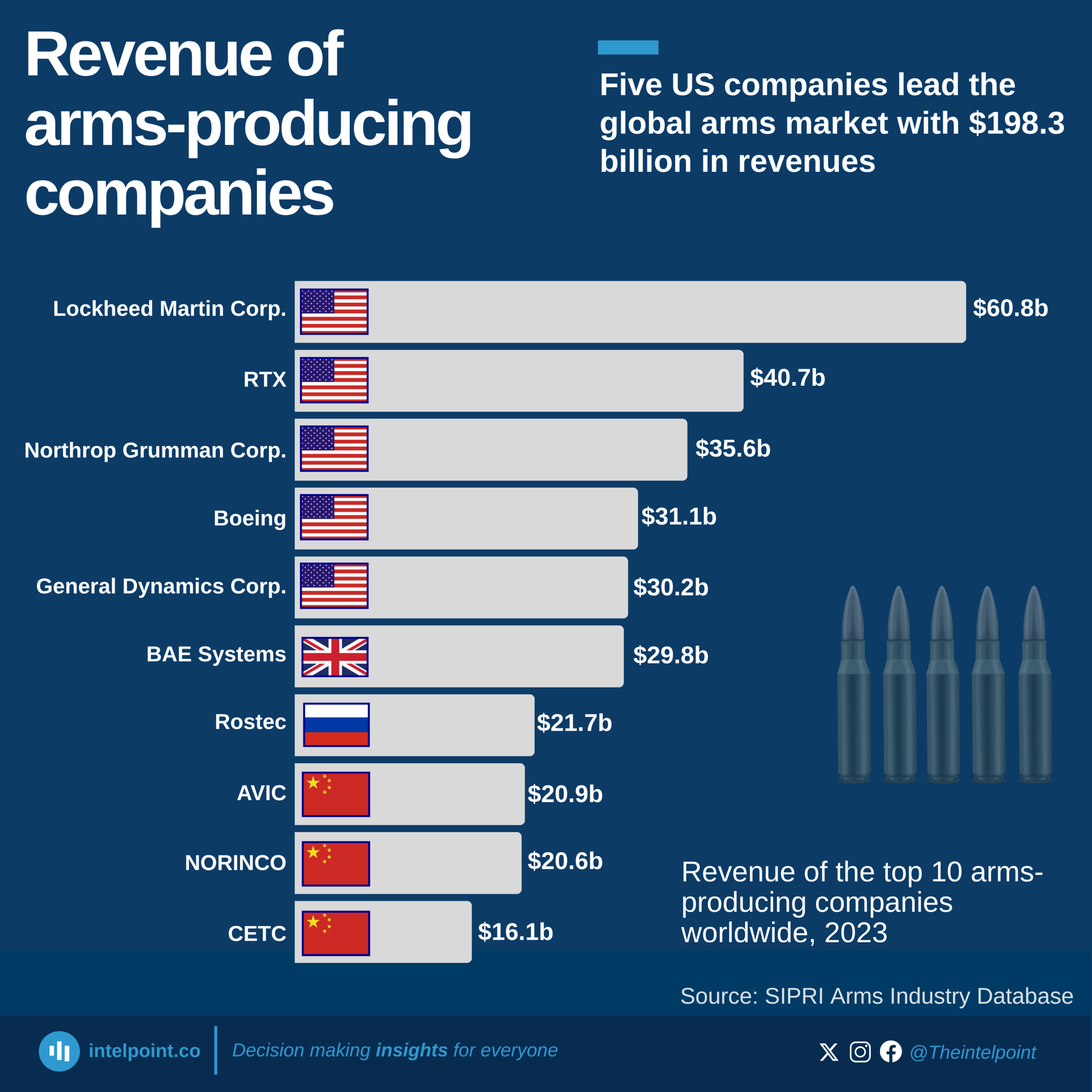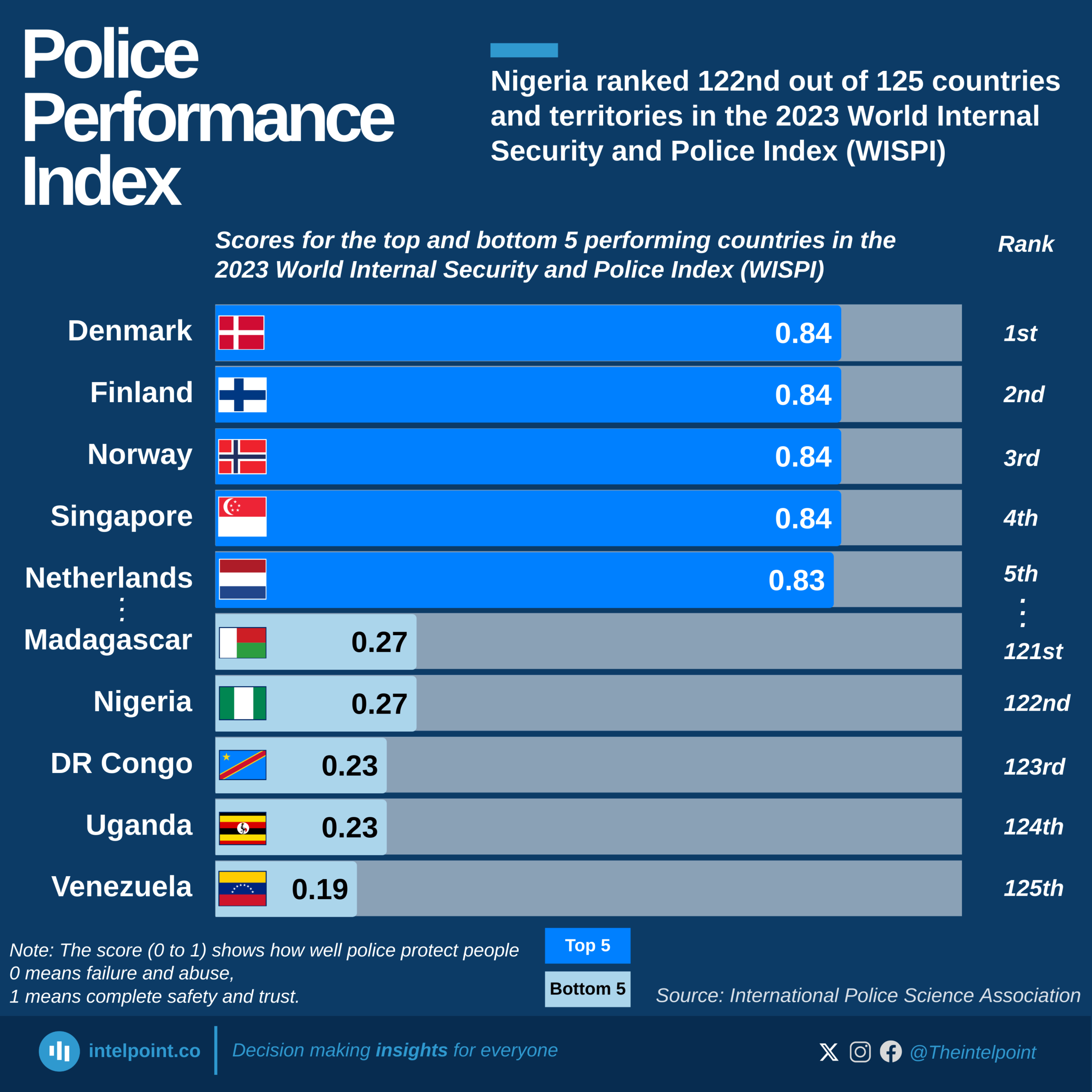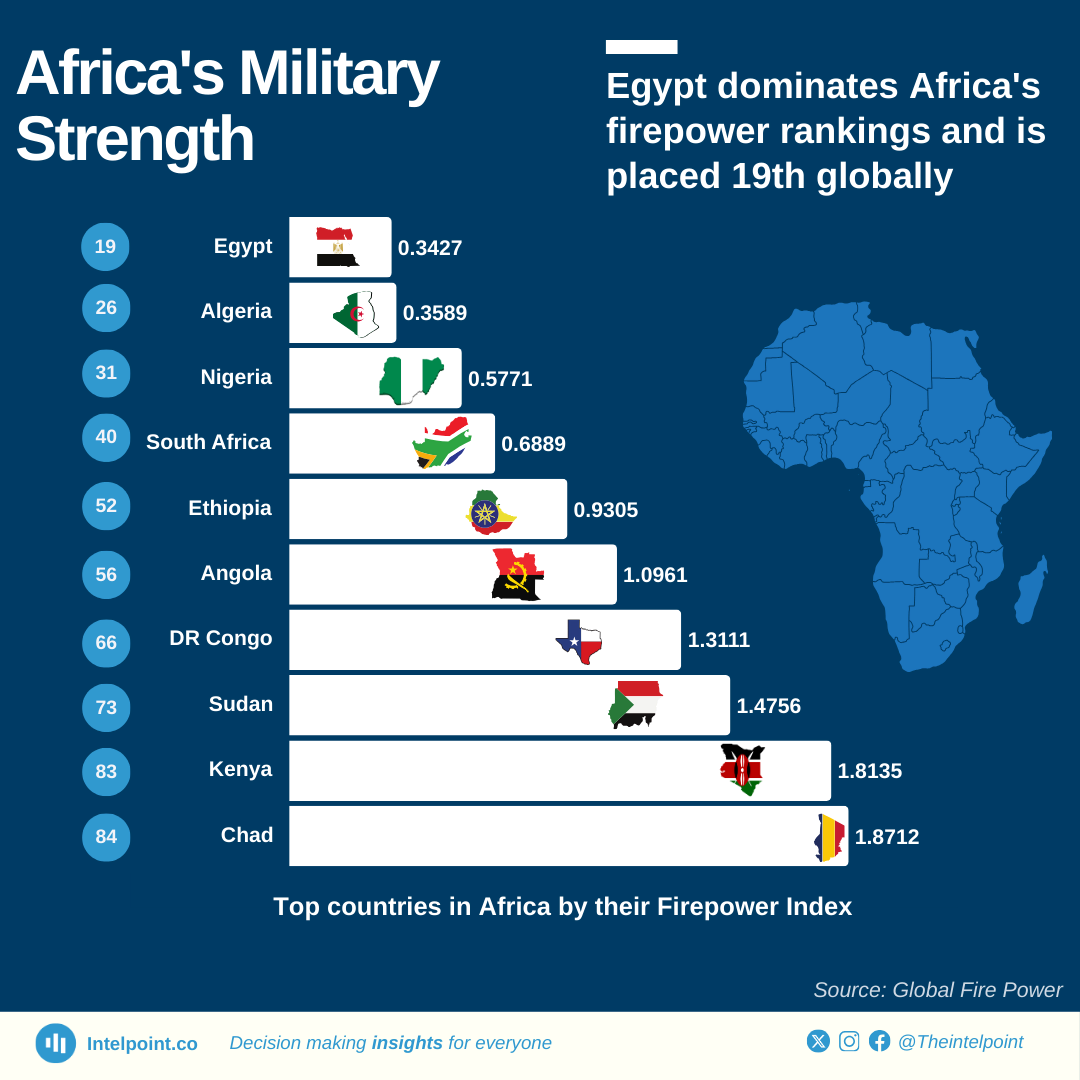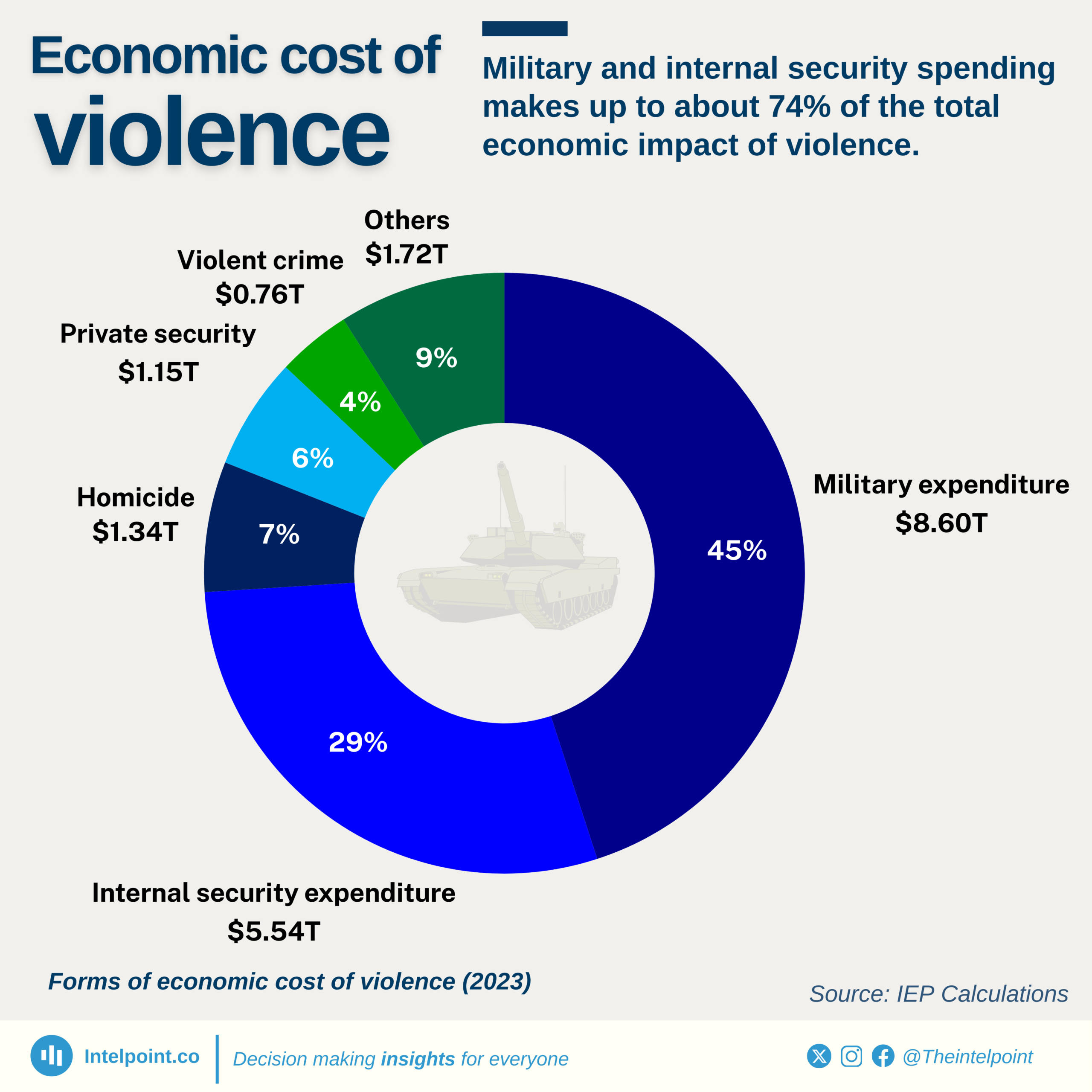The latest Firepower Index rankings highlight the United States as the world’s dominant military force, boasting a Power Index of 0.0744, a testament to its unparalleled defense capabilities. Close behind are Russia and China, tied with a Power Index of 0.0788, underscoring their status as formidable global superpowers. India secures fourth place with 0.1184, cementing its position as a key military player in Asia. Meanwhile, South Korea, the United Kingdom, and France round out the top seven, showcasing their advanced defense systems and strategic influence. The rankings reveal a competitive landscape among global powers, with the US maintaining its edge while other nations continue to strengthen their military prowess.
